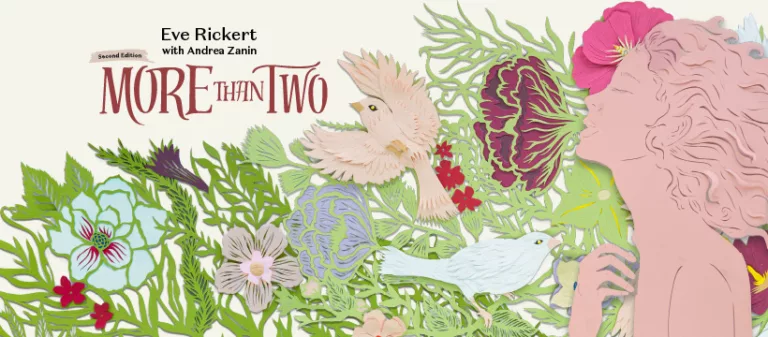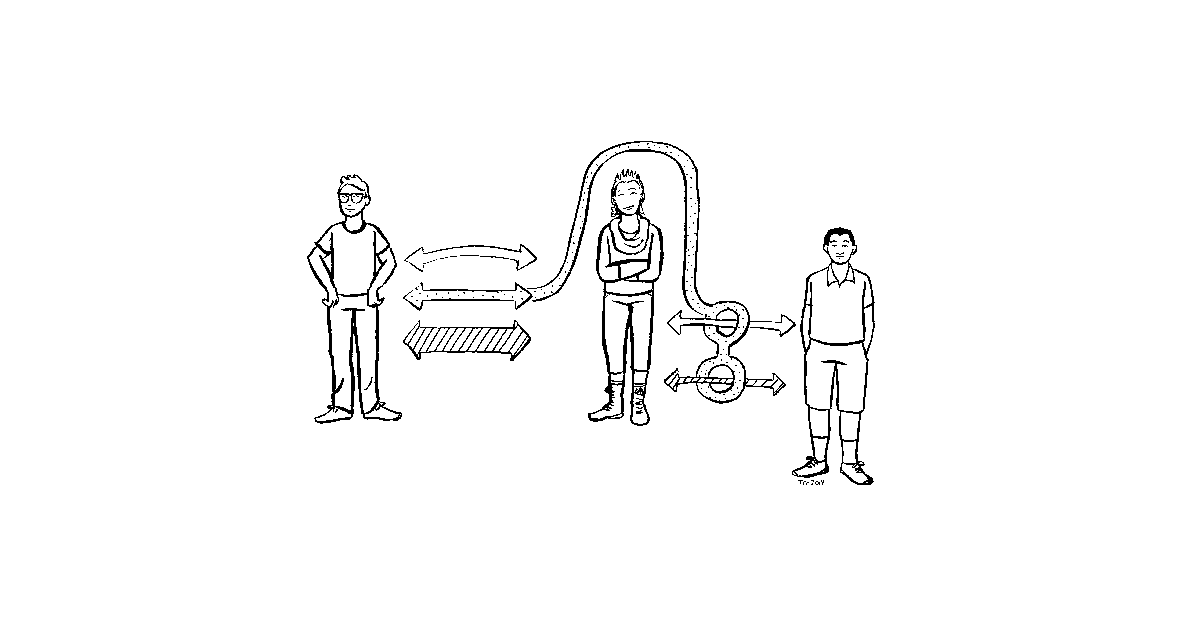Awhile back, Tikva Wolf, creator of the excellent webcomic Kimchi Cuddles, posted a query on her Facebook page: Can hierarchical relationships ever be ethical? I’ve been chewing on a response to that question for some time, because the answer is not simple. I mean, we spend probably a solid 50 pages in More Than Two trying to tease apart how to make relationship agreements ethical—and we still don’t really answer that question. I finally realized, that’s because it’s the wrong question. If we’re concerned about treating our partners ethically, then the right questions are not Can a hierarchy be ethical? or Is this a hierarchy?








